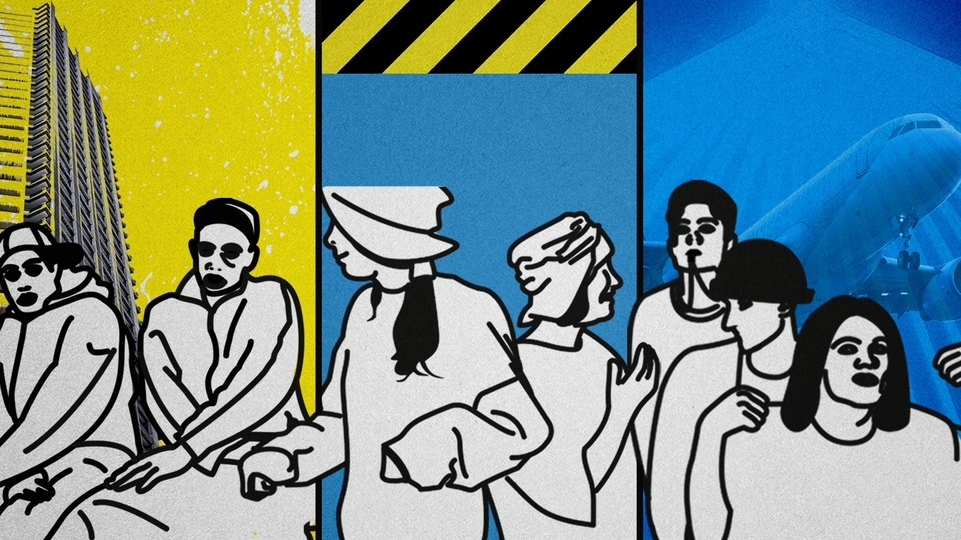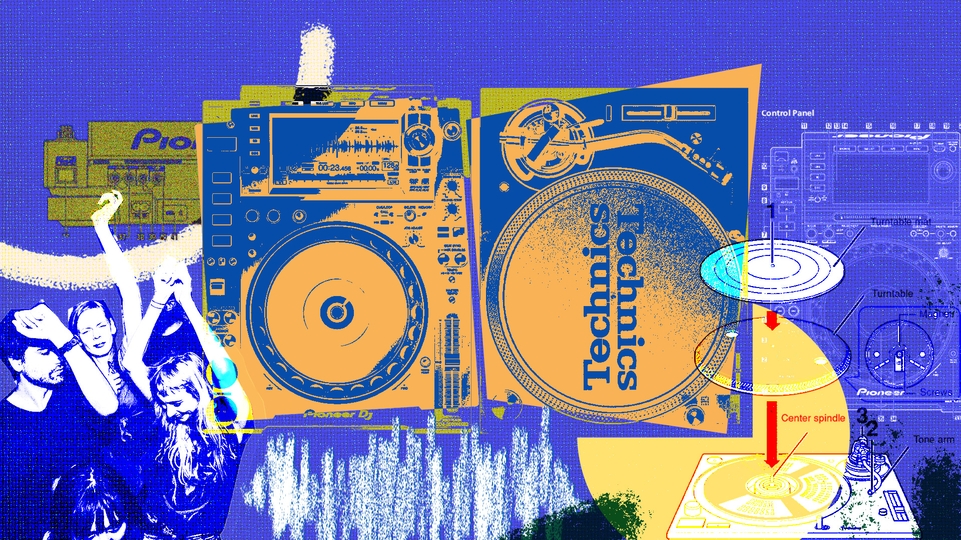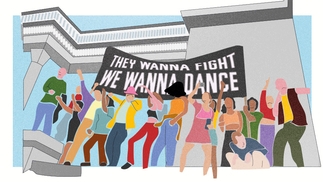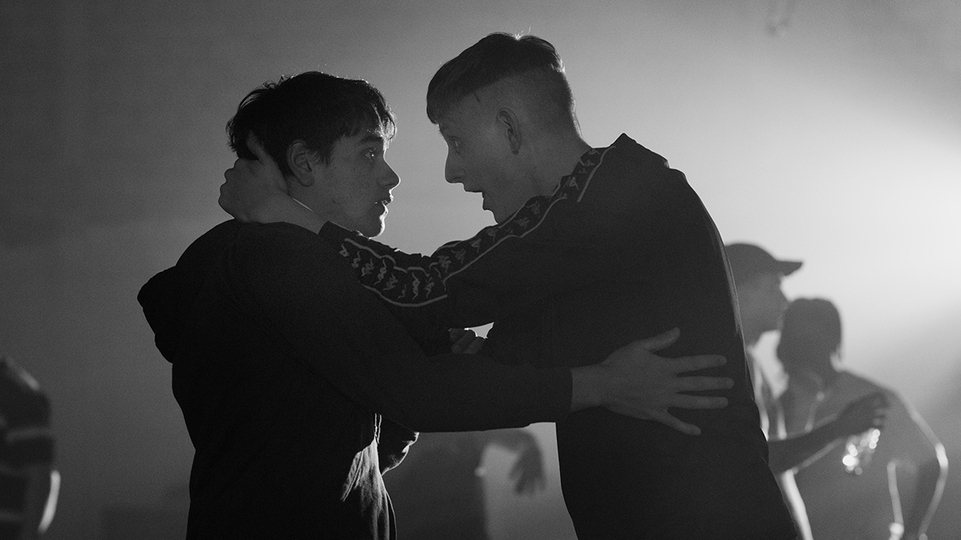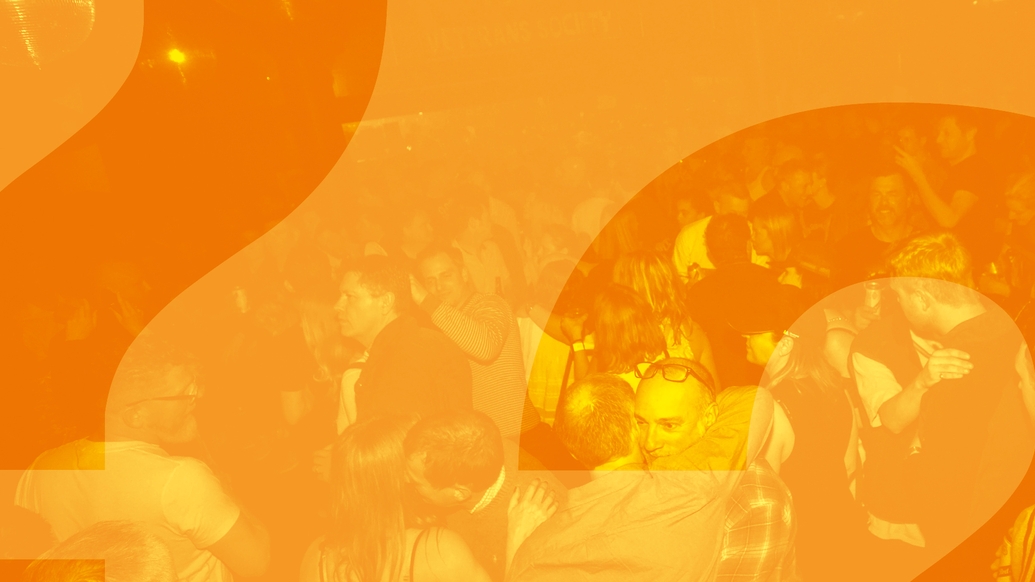
Raving is for everyone: The problem with ageism in dance music
Ageism in the dance music industry is a subject that is being discussed more and more, particularly its impact on employment. But what about its impact on the clubbers on the dancefloor itself? As DJ Mag's Harold Heath finds, whether it is targeted at those in older or younger brackets, ageism has no place in our ever-expanding scene...
A dark club, flashing lights, a crowd reaching for the roof as the DJ drops a huge track and a roar of jubilation as the beat kicks in after the break. It’s a scene we’re all familiar with, and this evening it’s taking place at The Arch in Brighton, usually home to all sorts of cutting-edge club nights. Tonight though, the music is around 30 years old and most of the crowd are in their late 40s or early 50s. DJ Mag has come to a reunion for clubbers who used to attend legendary South Coast rave venue Sterns back in the early days of acid house/rave.
For many of the attendees, their early experiences of clubbing have stayed with them for the rest of their lives. In the smoking area at The Arch, DJ Mag chatted to some of the original Sterns ravers. “It means a lot, I love it,” says Emma. “Sterns for me was having it large, having a boogie, loving everyone.”
“I was 15 years old when I went to Sterns, not meant to be there,” adds Anoushka. “I was out robbing Levi’s 501s to pay for my drugs for the night! Sterns, honestly, it created me, it made me.” It’s a joyous event, with the entire room singing along to rave classics from three decades ago. The atmosphere quickly reaches football-terrace intensity, although to be honest, the dancing isn’t as good as it was in 1991. But are retro nights the only place left for older clubbers? Many of these ravers are still keen music fans, though would they be as welcome at events full of 18-year-olds?
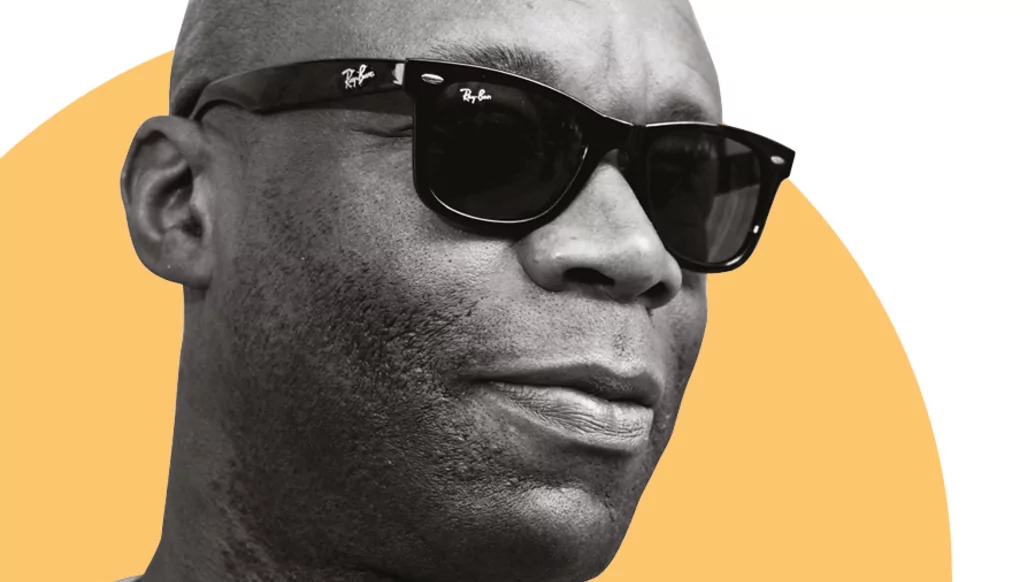

You’re As Young As You Feel
Ageism — discrimination or prejudice on the basis of a person’s age — is a little like the last acceptable prejudice. Discrimination on the basis of age is as illegal as discrimination on the basis of sexuality, race or gender, but ageism doesn’t seem to be taken as seriously as other protected characteristics. Ageism can take many forms, from discrimination in the job market to insensitive jokes on the dancefloor.
Celeste Neill, Editor-in-Chief and publisher of Time Out Switzerland, is speaking on a panel about ageism at this years’ International Music Summit in Ibiza, and is concerned at how it can effect older people’s work opportunities and mental health. Ageism also takes place at a much lower, everyday level too. “It usually is experienced via humour when younger people, mostly guys I would say, make jokes about it,” Neill says. “‘Hey everyone, guess how old Celeste is? Isn’t it amazing she is still out in a nightclub’.” It can be embarrassing and make you feel uncomfortable. There is some sort of hidden invisible age that people just expect you to stop doing this.”
Although the dance music community is generally quick to respond when a well-known DJ or producer makes a racist or homophobic ‘joke’, jokes about age aren’t given the same attention or considered as harmful. And perhaps that’s because they’re not. Being called ‘Grandad’ or ‘Grandma’ as a joke clearly doesn’t have the same impact or weight of history behind it as, for example, a racial slur. But this doesn’t mean that ageism shouldn’t be taken seriously, not least because it’s an issue that will, sooner or later, effect literally everyone.
Back To The Old School
The Sterns Reunions are get-togethers for a crowd of late 40s ravers. Out to meet up with some old friends and have a brief blast of nostalgia, they get treated to old school sets from original DJs Dr S Gachet, Eddie Richards and Colin Dale. James Holdsworth co-promotes the reunions with Sterns DJ Chalk E White (original promoter Mensa sadly passed away soon after Sterns closed), and believes there should be no upper age limit to clubbing.
“As long as people have a passion for the music and bring a good vibe, why should there be?” Holdsworth says. “The club scene is meant to be all-inclusive.” Colin Dale has been at the very cutting edge of clubland since the early ’80s, and has a packed DJ schedule playing brand new music to young crowds all over the world, but he was happy to dig out some old classics for the Sterns crew.
“I’ve never thought that clubbing is just for young people,” Dale says. “I think if you go out to any of the current revival nights, you see that there is no age limit for clubbers, and there are many that go clubbing with their kids. I think the advent of acid house in the late ’80s very much changed the demographic of clubbers. It’s quite acceptable for older folk to go clubbing these days.”
Certainly, the injection of egalitarianism and tolerance delivered by acid house into the DNA of clubbing created a more welcoming nightlife culture. “I don’t think there should be an age at which people should stop clubbing,” says Sally Rodgers, DJ, producer, singer, lecturer, and one-half of Balearic legends A Man Called Adam. “Some of my favourite DJs in the world are in their late 50s and 60s now, and their deep knowledge guides the dancefloor. I’m a big fan of a mixed party. It makes for a way better atmosphere than a homogenised crowd.”
“I think everyone mostly is OK with a maturing culture,” Chicago DJ The Black Madonna concurs. “It’s making us wider and more interesting.” Indeed, you will be hard pushed to find anyone, DJ, producer, promoter or club owner who has a negative attitude towards older people in the club. Generally, clubland exudes a low-key acceptance at all levels, it’s one of the best things about it. “I don’t think there’s an expiry date for clubbing,” says 23-year-old producer, songwriter and DJ Jay Pryor. “Some people connect to it a lot more than your regular punter. It’s something they really love, an escape.”
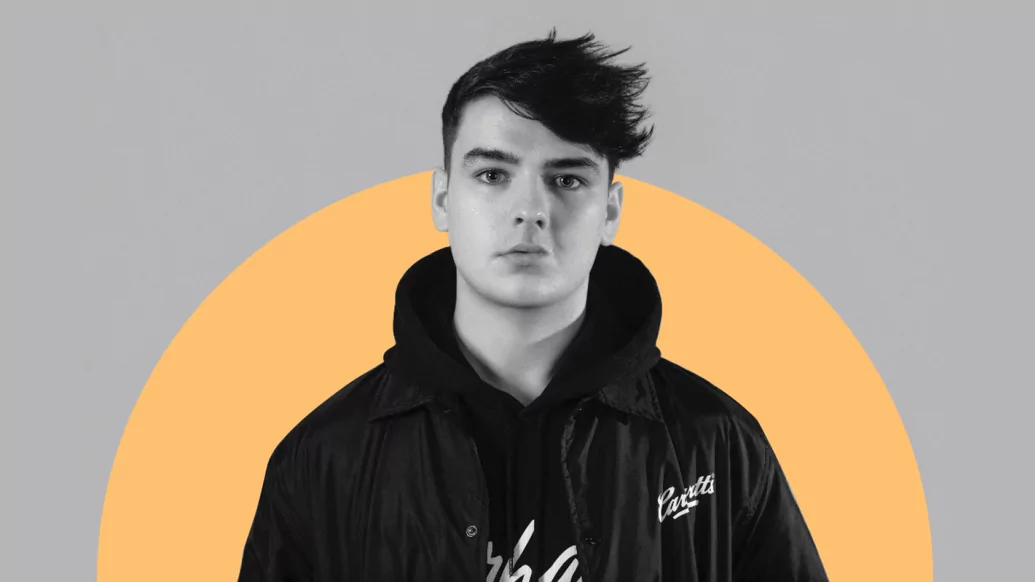

Young Hearts, Run Free...
However, despite the general air of tolerance, there are strands of ageism in different areas of clubland that are worth looking into further. There’s no doubt that an older person can sometimes be made to feel a little awkward in a venue filled with 21-year-olds.
There’s an unspoken cultural norm that dancing in clubs is a practice associated with young people, and this is now at odds with a generation who grew up raving and who still want to go out dancing to underground music. There is also the UK’s odd mixture of ideas about older people to consider. We love our grandparents, take pride in our old soldiers, respect the old school; but British culture is also full of ageist stereotypes. The old are frequently the butt of jokes and memes: isn’t it funny how they can’t use WhatsApp, look at Grandpa Simpson shaking his fist at the clouds. Adverts constantly rail against the effects of ageing, and youthfulness is prized above all else.
This all contributes to a particular negative idea of what being old is, and can affect how we think about and treat those older than us. It’s this subconscious bias that leads to all forms of ageism, from assuming that older people shouldn’t go clubbing through to employment discrimination. “Much like issues surrounding other forms of diversity, society and the music industry need to tackle sub-conscious bias,” Mark Lawrence from the Association for Electronic Music says. “It’s the driving force of prejudice, whereby the leading protagonists subconsciously choose to work with and socialise with people they have always known, and often people who look and behave like them.”
When it comes to older clubbers and ageism, it’s an issue often split along gender lines, with the most concern generally being around older, predatory men. The phenomenon of older males, either by themselves or in a bunch, who come to club-nights pissed, with a nose full of pub coke and no interest in the music, just there to leer at females or even sexually harass them, is all too familiar.
“I’ve seen it on many occasions at commercial club nights that are fuelled by copious amounts of alcohol,” says Markus Saarländer, who promotes the Berlin night in Brighton, booking the likes of Timo Maas, Rebekah and Thomas Schumacher. “But also in Brighton, we see a lot of stag and lads culture in the summer. I can understand people’s reservations, especially if the older guy is inebriated and in a pack.”
It’s an unfortunate reality that, because it’s almost always men who are hassling young women on the dancefloor, it’s affected the perception of all older males, or indeed men by themselves in the club environment, essentially ruining things for other older chaps who just want to lose it in front of the bass bins for a couple of hours.
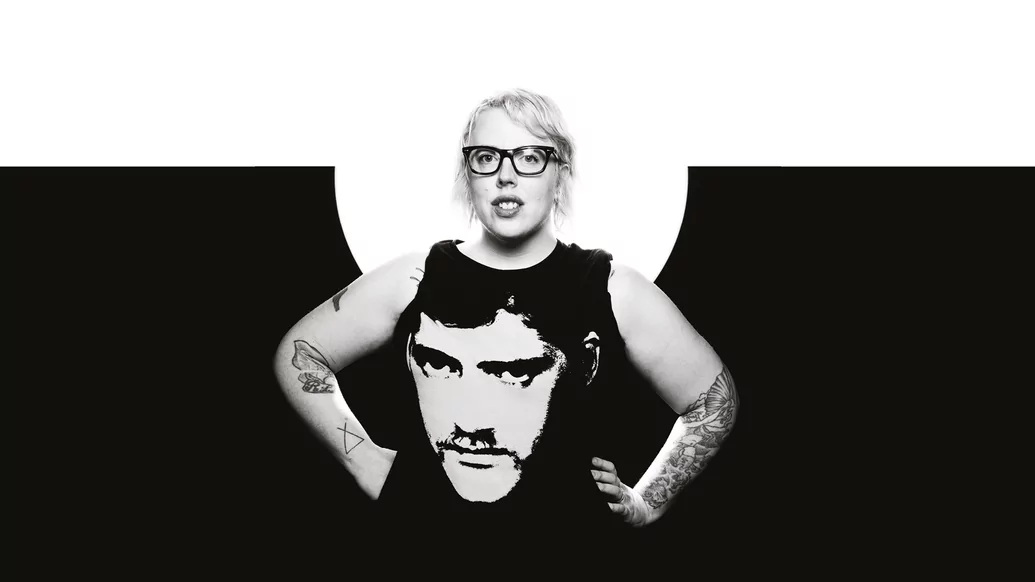

“We don’t really have a concept of what an ageing woman genius is. You hear words like maestro, women don’t get to be legends. But I’m gonna disprove my own quote, or die trying” - The Black Madonna
Legends
A more insidious aspect of dancefloor ageism is that as they grow older or retire, female DJs, producers, promoters and even dancers are frequently written out of history, in a way that doesn’t usually happen to men. This is an issue that has very deep roots, and it is present in the wider society outside of dance music. Despite making up slightly more than half the population, women have generally occupied a tiny proportion of recorded history.
“Where we see ageism, it will definitely centre on women,” says The Black Madonna. “We don’t really have a concept of what an ageing woman genius is. You hear words like maestro, women don’t get to be legends. But I’m gonna disprove my own quote, or die trying.”
It would be nice to think that as a seat of progressive culture, dance music will do better than other areas of human endeavour in preserving and celebrating the contributions of all of our community as they get older and retire. However, history tells us that this is an on-going battle and something we would do well to continue to pay close attention to.
Yeah Yeah Yeah
So ageism on the dancefloor can play out slightly differently depending on gender, but ultimately, just as equality tends to benefit everyone, issues of inequality tend to impact all genders, and this is definitely true of ageism. “I have found that a number of men also have this issue in the industry, it is not just women,” Celeste Neill says. “There are a lot of challenges for both to escape the sort of ‘mum and dad out dancing’ vibe that people comment on or make fun about.”
And, of course, ageism can work against the young as well as older people. In his excellent story of modern pop music Yeah Yeah Yeah, St Etienne’s Bob Stanley quotes DJ Paul Oakenfold, about a year after acid house first broke in the UK: “We’d come through E, and what we were into was smoking joints and chilling. For me, at the raves, it was all sheep. Everyone would look the same, dress the same... it was full of younger people.”
This quote perfectly sums up another often uncommented-upon aspect of ageism in club culture. Once a scene has been going for a while, there is often resentment from the original participants when ‘kids’ who know nothing about ‘the roots, man’, start attending. Which is odd: it’s not as though all of the first devotees of acid house were up to date with the recent history of electronic music, or the underground culture of gay and black or Latino clubs, parties and bathhouses from which acid house culture grew. They were mostly just kids having a good time.
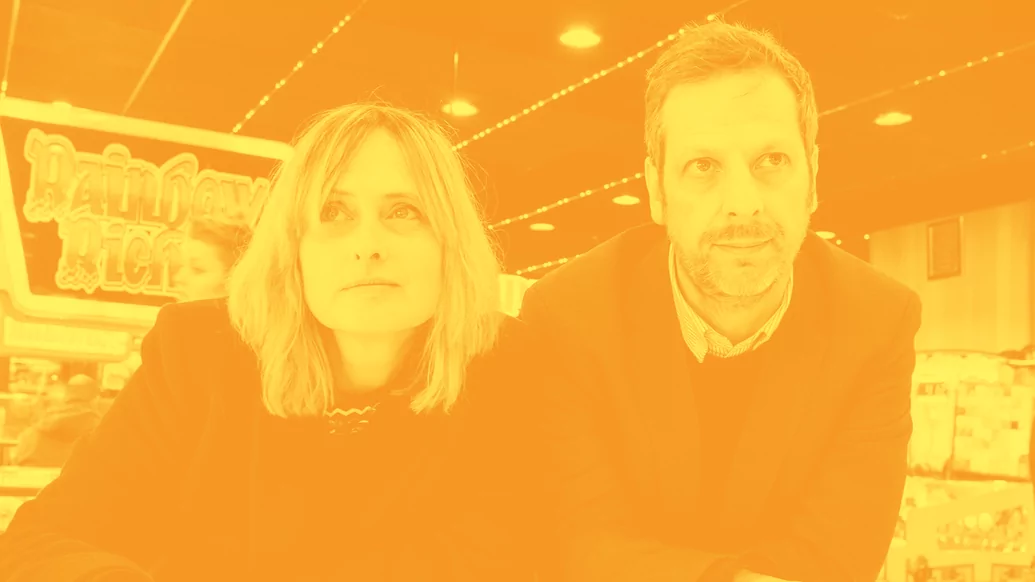

The larger dance music community, often in well-meaning attempts to protect its authenticity in the face of encroaching commercialisation, sometimes takes on an overbearing, paternal, gatekeeping role. Let’s not forget how many older dance music folk absolutely savaged youngsters who were ‘shuffling’ to house music a few years back. Yet despite the protests from original deep house aficionados, it turned out that shuffling didn’t signal the end of days, it was just some young people having fun.
Meanwhile, there are plenty of young promoters who’ll tell you that they’ve not been taken seriously simply because of their age. And then the idea of summing up an entire generation as shiftless, entitled ‘millennials’ also feeds into the same narrative of young people as somehow ‘less’ than their older counterparts: it's ageism again, just in a different form.
This precious DJ and club culture of ours is continually being co-opted and commercialised, which then drives us to recreate it anew, always trying to stay one step ahead, trying to hang on to authenticity even as market forces try to strip our culture bare for a few more dollars. In this context, the idea of handing down the culture to the next generation becomes more important. Some of the older generation have now devoted their entire working lives to underground music and underground parties. And equally, there are young people, right at this moment, creating exciting new club scenes and stunning new music that we all really need to hear. And for this to happen, then we really need to make sure that we disregard the idea of any age being superior or inferior to any other.
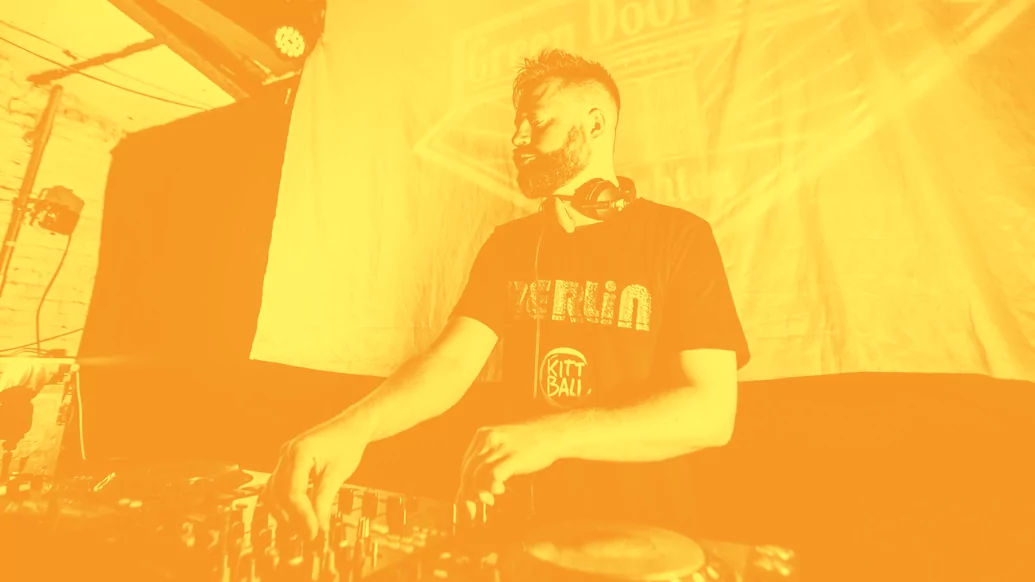

There isn’t a ‘natural’ wedge that exists between old and young clubbers. It’s created by commercial culture and market forces, who define people merely as members of groups to be sold to. The spirit of acid house and all that came from it is directly at odds with this idea. When you’re deep in it at 4am with a crew of hardcore dancefloor warriors, you’re not a collection of demographics, online preferences and spending habits. You’re just one of the crowd, subsumed in the music, each person on the dancefloor and in the DJ booth a small part of a larger whole.
It’s easy to dismiss discussions of ageism as political correctness because it’s not as obvious as other prejudices, and, it could be argued, has less impact than, say, racism or misogyny. But it’s always worth remembering that political correctness, although a much maligned and misused term these days, came from a simple drive to avoid disadvantaging, excluding or insulting people. In this context, ageism is clearly an issue worth bearing in mind and one that is pertinent for all of us in dance music. “To make our beloved electronic music industry as diverse as it can be, we all need to throw our nets wider when recruiting, collaborating or creating,” Mark Lawrence says.
The final word on the subject goes to a well-respected member of the dance music community, Sally Rodgers from A Man Called Adam. “I know ageism happens, especially to us ladies. But that’s society generally. I’ve just commissioned a remix from a 17-year-old, because he’s a natural. Fuck ageism. Smash the patriarchy. Talent and hard work are ageless, genderless.”


